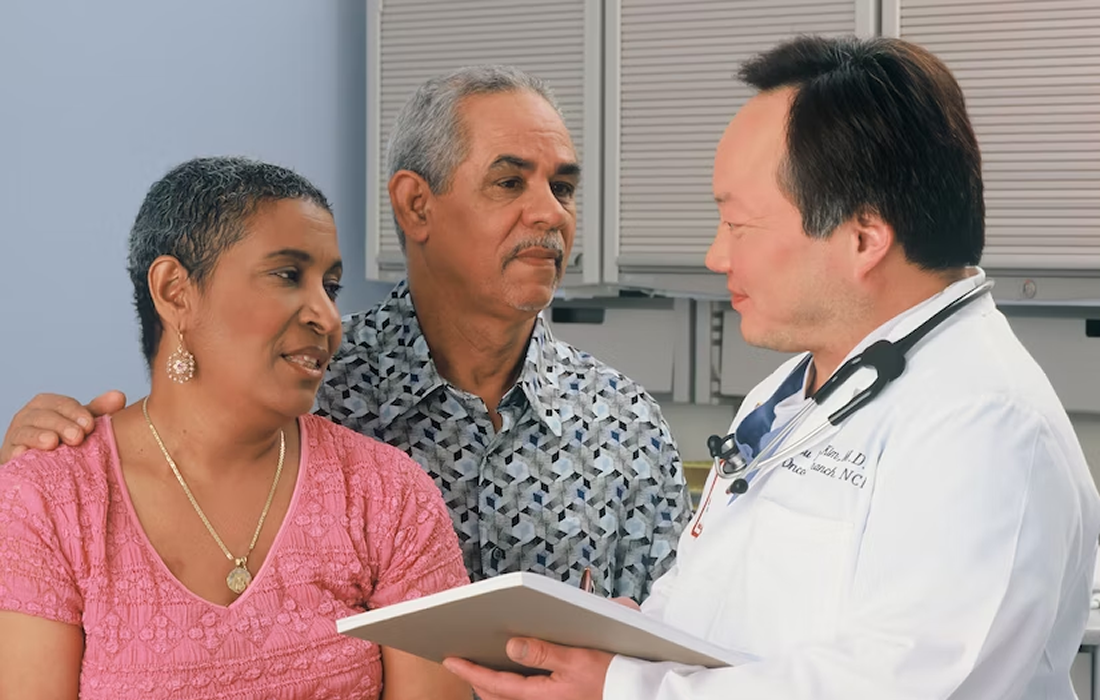Regenerative Medicine News and General Information
Ketamine for Treatment-Resistant Depression
A low-cost version of ketamine to treat severe depression has performed strongly in a double-blind trial that compared it with placebo.
In research published today in the British Journal of Psychiatry, researchers led by UNSW Sydney and the affiliated Black Dog Institute found that more than one in five participants achieved total remission from their symptoms after a month of bi-weekly injections, while a third had their symptoms improve by at least 50 per cent. The study was a collaboration between six academic clinical mood disorder units in Australia and one in New Zealand and was funded by the Australian National Health and Medical Research Council (NHMRC).
“We found that in this trial, ketamine was clearly better than the placebo — with 20 per cent reporting they no longer had clinical depression compared with only 2 per cent in the placebo group. This is a huge and very obvious difference and brings definitive evidence to the field which only had past smaller trials that compared ketamine with placebo.”
The researchers recruited 179 people with treatment-resistant depression. All were given an injection of either a generic form of ketamine that is already widely available in Australia as a drug for anaesthesia and sedation — or placebo. Participants received two injections a week in a clinic where they were monitored for around two hours while acute dissociative and sedative effects wore off — usually within the first hour. The treatment ran for a month and participants were asked to assess their mood at the end of the trial and one month later.
As a double-blind trial, neither participants nor researchers administering the drug were aware which patients received generic ketamine or placebo, to ensure psychological biases were minimised.
Importantly, a placebo was chosen that also causes sedation, to improve treatment masking. Midazolam is a sedative normally administered before a general anaesthetic, while in many previous studies the placebo was saline.
Other features of the recent trial that set it apart from past studies included accepting people into the trial who had previously received electroconvulsive therapy (ECT).
Another difference about this trial was that the drug was delivered subcutaneously (injected into the skin) rather than by drip, thus greatly reducing time and medical complexity. The study is also the largest in the world to date that compares generic ketamine with placebo in treating severe depression.
Apart from the positive results, one of the standout benefits of using generic ketamine for treatment-resistant depression is that it is much cheaper than the patented S-ketamine nasal spray currently in use in Australia.
She adds that for both S-ketamine and generic ketamine treatments, the positive effects often wear off after a few days to weeks, so ongoing treatment may be required, depending on someone’s clinical situation. But the prohibitive costs of the drug and procedure make this an unsustainable proposition for most Australians.
The researchers will next be looking at larger trials of generic ketamine over longer periods, and refining the safety monitoring of treatment.
Sources:
Colleen Loo, Nick Glozier, David Barton, Bernhard T. Baune, Natalie T. Mills, Paul Fitzgerald, Paul Glue, Shanthi Sarma, Veronica Galvez-Ortiz, Dusan Hadzi-Pavlovic, Angelo Alonzo, Vanessa Dong, Donel Martin, Stevan Nikolin, Philip B. Mitchell, Michael Berk, Gregory Carter, Maree Hackett, John Leyden, Sean Hood, Andrew A. Somogyi, Kyle Lapidus, Elizabeth Stratton, Kirsten Gainsford, Deepak Garg, Nicollette L. R. Thornton, Célia Fourrier, Karyn Richardson, Demi Rozakis, Anish Scaria, Cathrine Mihalopoulos, Mary Lou Chatterton, William M. McDonald, Philip Boyce, Paul E. Holtzheimer, F. Andrew Kozel, Patricio Riva-Posse, Anthony Rodgers. Efficacy and safety of a 4-week course of repeated subcutaneous ketamine injections for treatment-resistant depression (KADS study): randomised double-blind active-controlled trial. The British Journal of Psychiatry, 2023; 1 DOI: 10.1192/bjp.2023.79
University of New South Wales. (2023, July 14). Ketamine effective for treatment-resistant depression, study suggests. ScienceDaily. Retrieved July 14, 2023 from www.sciencedaily.com/releases/2023/07/230714114752.htm
Image from: https://unsplash.com/photos/J_993suZjc0

